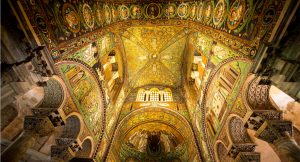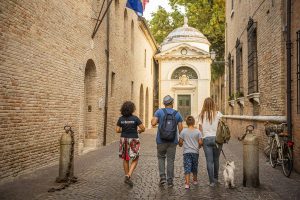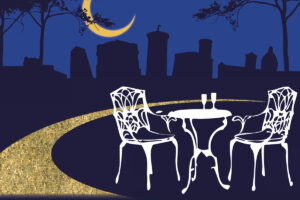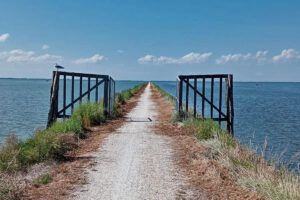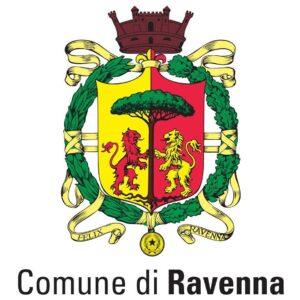Vitruvius
De Architectura,II, IX, 10 e 16
The alder, which grows on the banks of rivers, and is to appearance an almost useless wood, possesses nevertheless most excellent qualities, inasmuch as it contains much air and fire, not a great deal of earth, and less water. Its freeness from water makes it almost eternal in marshy foundations used for piling under buildings, because, in these situations, it receives that moisture which it does not possess naturally. It bears immense weights and does not decay. Thus we see that timber which above ground soon decays, lasts an amazing time in a damp soil….
This is most evident at Ravenna, a city, the foundations of whose buildings, both public and private, are all built upon piles…
Thus, as the fortress was called Larignum, so the wood, whereof the tower was built, is called larigna (larch). It is brought down the Po to Ravenna, for the use of the municipalities of Fano, Pesaro, Ancona, and the other cities in that district.
Strabo (66 a.C. – 23 d.C.)
Geographica, V, 6, 7
The harbour, like the river, is called Medoacus. The largest city in the marshes, however, is Ravenna, a city built entirely of wood and coursed by rivers, and it is provided with thoroughfares by means of bridges and ferries. At the tides the city receives no small portion of the sea, so that, since the filth is all washed out by these as well as the rivers, the city is relieved of foul air. At any rate, the place has been found to be so healthful that the rulers have given orders to feed and train the gladiators there. Now this is indeed one of the marvellous things at Ravenna, I mean the fact that the air in a marsh is harmless.
